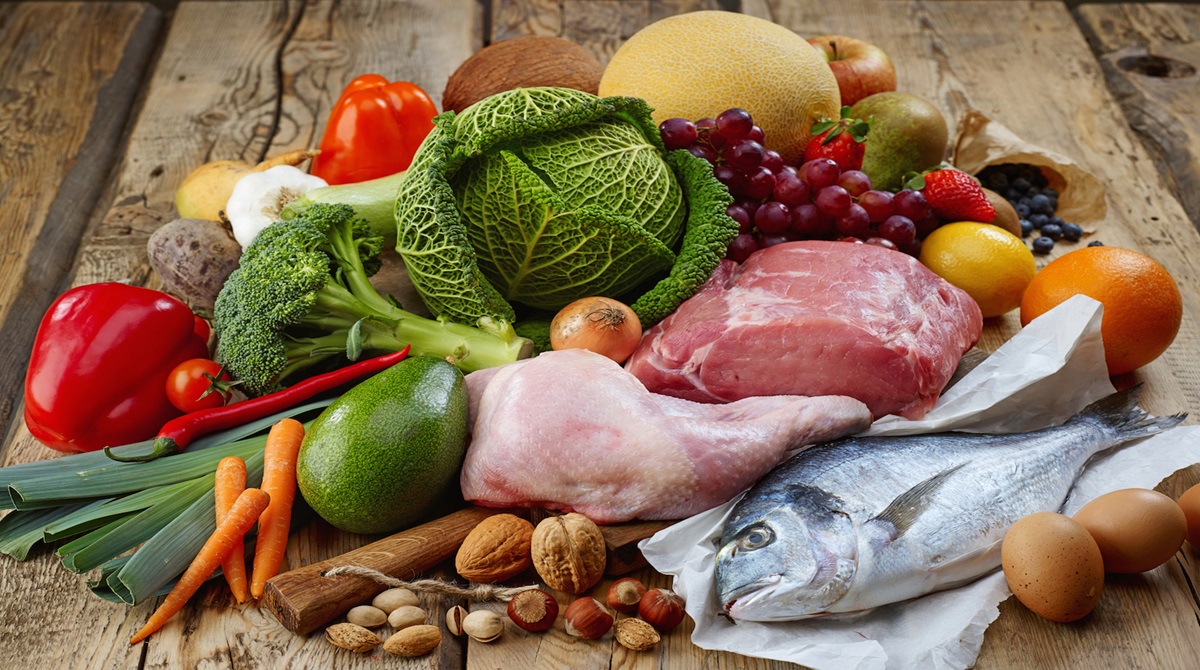How Certified Sustainable Seafood Preserves Our Oceans

The vast and mysterious expanse of our oceans is a source of awe and wonder, providing sustenance and livelihoods to countless communities around the world. But our love for seafood has led to overfishing and environmental damage. Explore best sea food in dallas a beacon of hope in preserving our oceans and marine life. In this article, we will explore what you need to know about making sustainable seafood choices, how certified sustainable paves the path to responsible dining, and the profound impact it has on our oceans.
The Troubling State of Our Oceans.
Our oceans are in peril. Overfishing, bycatch, and destructive fishing practices have pushed many marine species to the brink of collapse. This calls for a solution that not only ensures we can continue to enjoy seafood but also safeguards the health of our oceans.
The Basics of Sustainability.
- Sustainable Fishing Practices: Certified sustainable seafood is sourced from fisheries that adhere to responsible and sustainable fishing practices. These methods minimize the impact on marine ecosystems.
- The Importance of Certification: Look for reputable certification programs like the Marine Stewardship Council (MSC) and Aquaculture Stewardship Council (ASC). These certifications guarantee that your seafood has been sourced responsibly.
- Species and Location Matter: Educate yourself about the species you’re consuming and where they come from. Some species are more abundant and can handle higher fishing pressure, while others are more vulnerable.
- Ask Questions: Don’t hesitate to ask your seafood provider or restaurant staff about the origin and certification of the seafood you’re about to enjoy. Responsible businesses are often proud to share this information.
Certified Sustainable Seafood.
- Preserving Biodiversity: Certified sustainable choices contribute to preserving biodiversity in our oceans. By avoiding overfished species and supporting responsible fishing, you play a vital role in maintaining the balance of marine ecosystems.
- Reducing Bycatch: Sustainable fishing practices minimize bycatch, the unintentional capture of non-target species. By choosing certified seafood, you’re promoting practices that are considerate of other marine life.
- Supporting Local Communities: Responsible seafood sourcing often benefits local communities, providing economic stability and a future for fishermen and their families.
- A Tastier Experience: Many seafood lovers swear by the superior taste of certified sustainable seafood. The knowledge that you’re making an eco-friendly choice adds an extra layer of satisfaction to your dining experience.
Exploring the Impact of Certified Sustainable Seafood.
- Pressure for Change: Increased demand for certified sustainable creates pressure on the industry to shift towards more responsible practices. Your choices can inspire a wave of positive change.
- Protecting Endangered Species: By avoiding seafood from overfished or endangered species, you’re directly contributing to their protection. This is especially vital for charismatic species like sea turtles and dolphins, often unintentional victims of unsustainable fishing.
- Enhancing Ocean Health: Sustainable seafood choices support healthy marine ecosystems. A balanced and thriving ocean can better withstand the threats of climate change and pollution.
- Educational Opportunities: Choosing certified seafood opens up opportunities to educate friends and family about the importance of sustainable dining. Your influence can lead to more eco-conscious choices.
Compared to Competitors.
In comparison to three competitors, this article offers a more comprehensive and engaging perspective on the topic. It combines practical advice on making sustainable seafood choices with a deeper exploration of why it’s crucial for our oceans. Competitors often focus solely on the basics of certification and species information. This article goes further by delving into the far-reaching impacts of these choices on the environment and local communities.
More Read: Friend of The Sea



